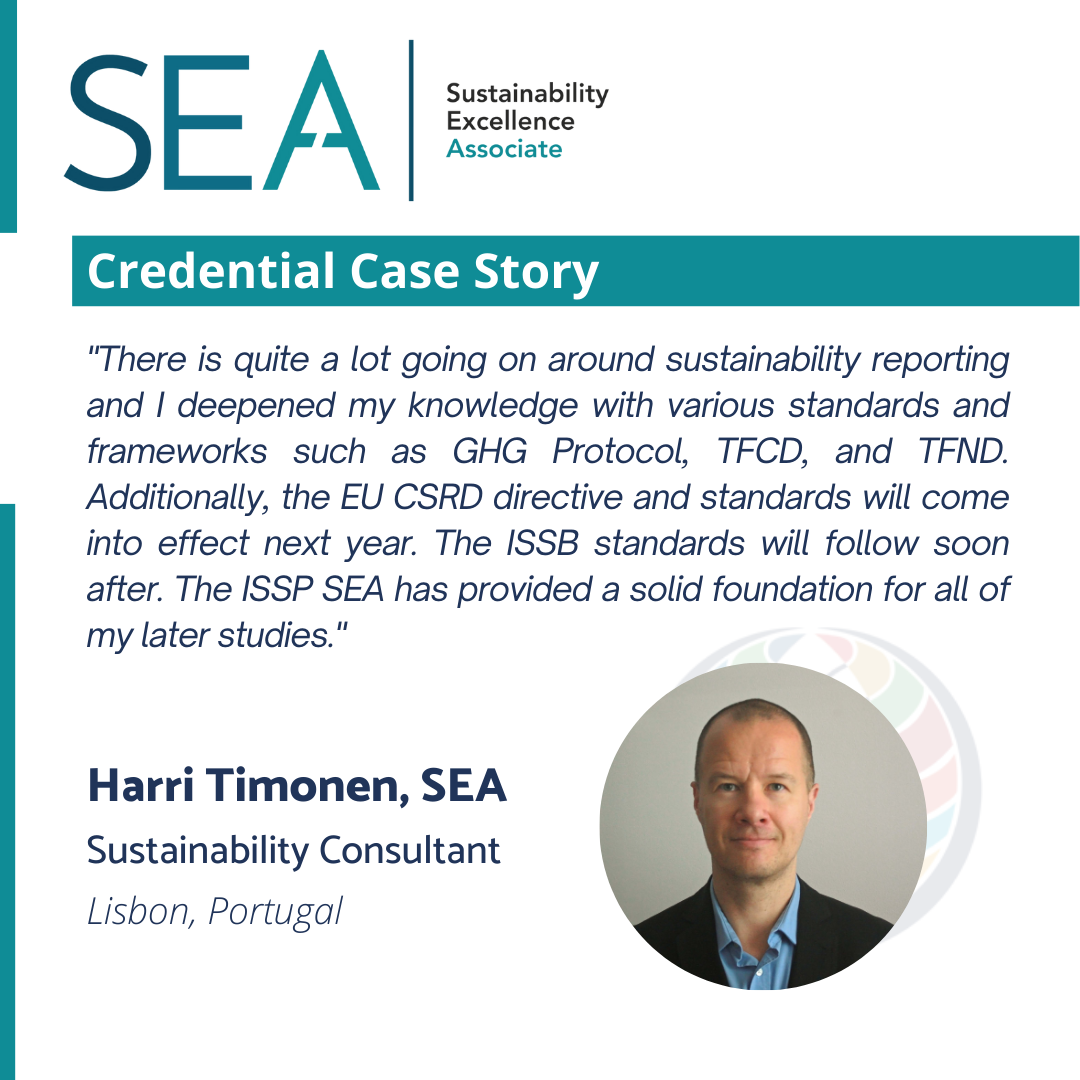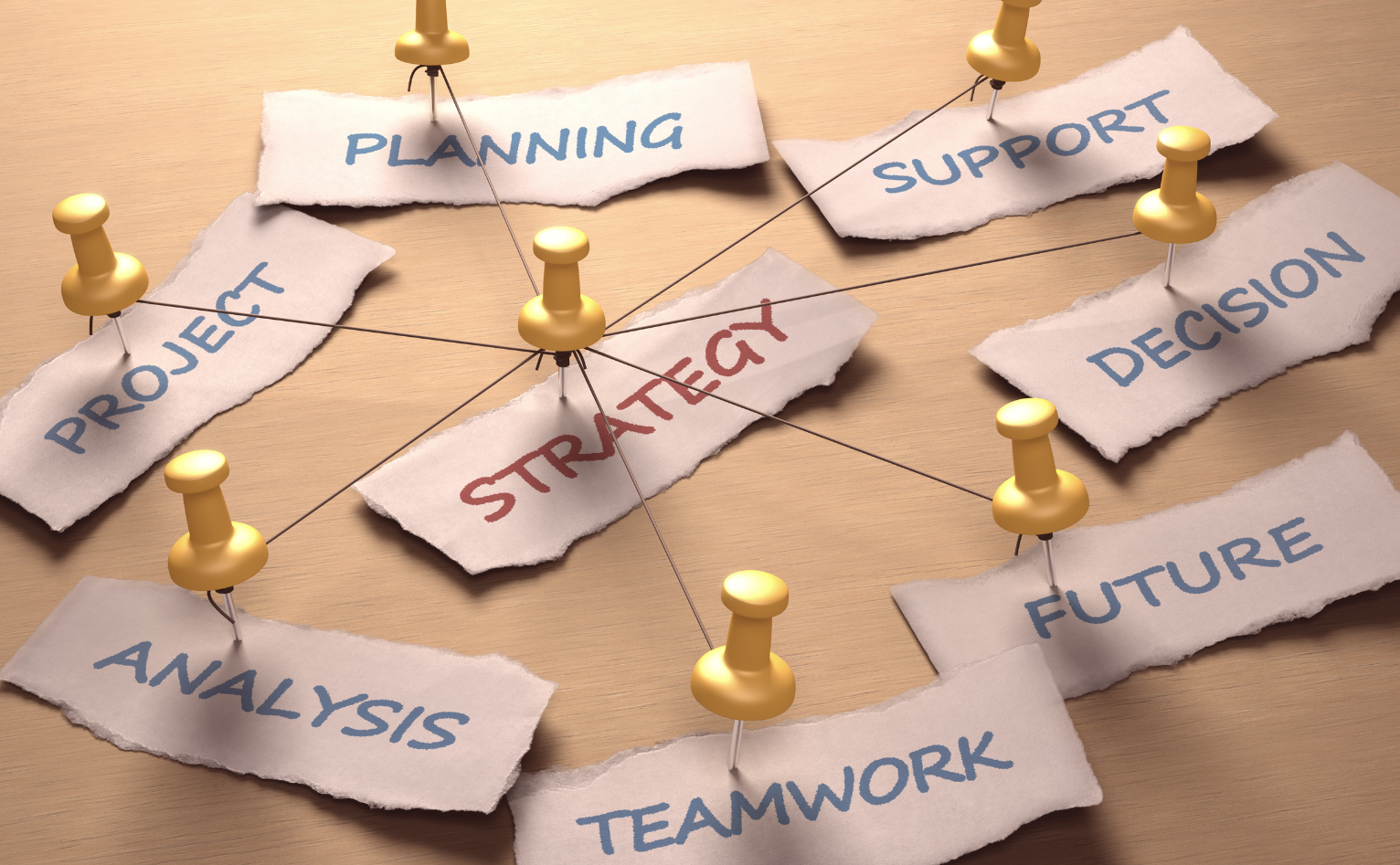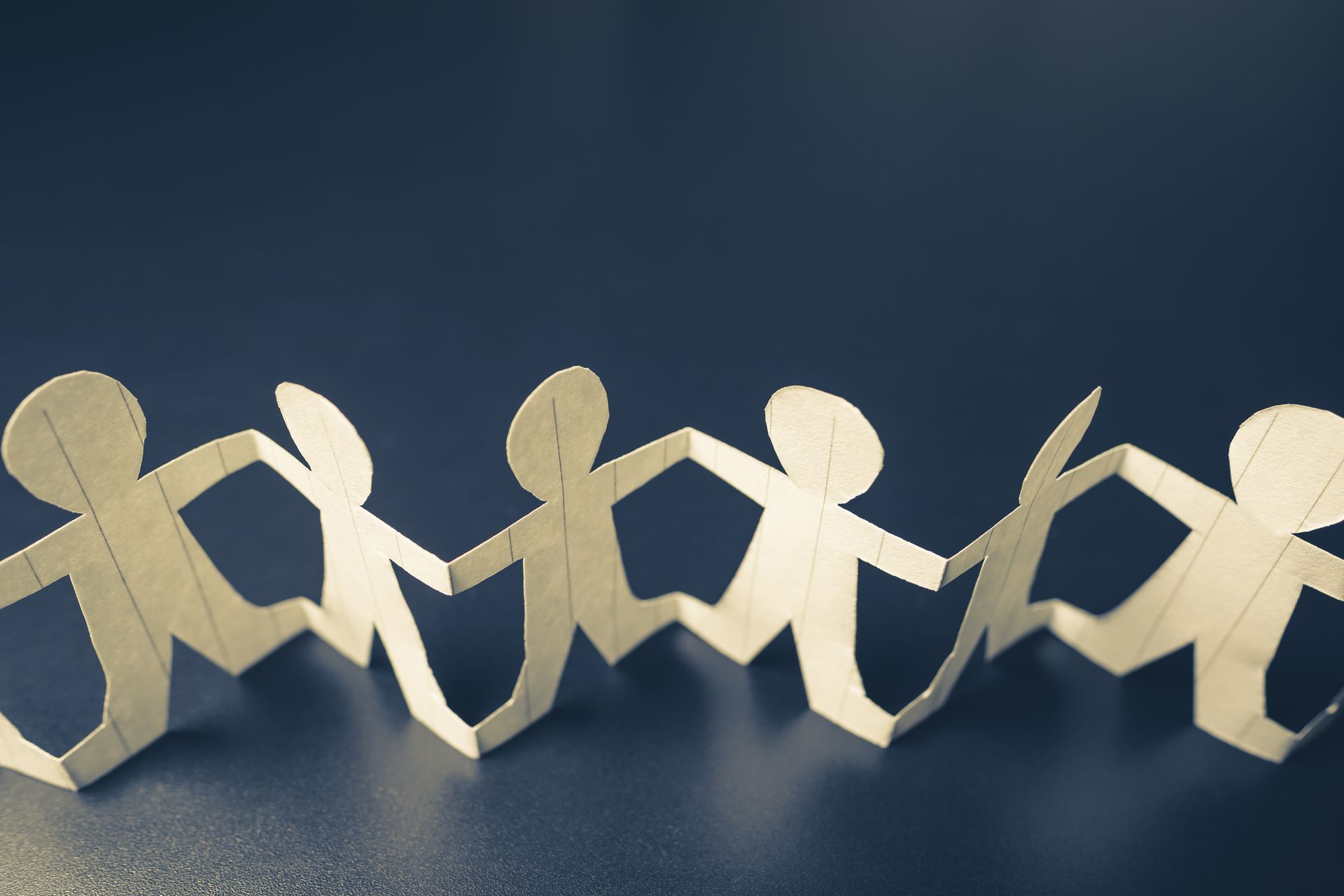What brought you to this moment in your career where the Sustainability Excellence Associate (SEA) credential made sense for you?
My sustainability journey started roughly ten years ago. I found studying again when I moved abroad in my late thirties. I started to study for a master's in development management because I wanted to understand the real reasons behind the last financial crisis, not only from a banking perspective (I have worked in banks) but from economic and social perspectives. Hence, I gained a Postgraduate Diploma in 2014. During my studies, I came across the corporate social responsibility concept, and I immediately was keen to know more.
For someone who had only worked in the private sector, it seemed something I could relate to and I recognised common matters which overlap with enterprise risk management. However, I couldn’t find any globally recognised CSR certification. But, I discovered the ISSP website and I decided to study for the SEA certification on my own while I was working. I remember writing all the key terms, acronyms, events, organisations, etc. on post-it notes and putting them in sensible groups. As you know, there are quite a few terms to learn. I had four walls full of those notes grouped in different colours. (If only I had known this technique when I was in high school.) I achieved my SEA certification in March 2018, which now feels like ages ago. So much has happened since, both personally and globally, as we all know. And, also in the sustainability field. During the pandemic, I continued my studies and earned certifications in green project management (2020) and the GRI sustainability professional (2021). Furthermore, there is quite a lot going on around sustainability reporting, and I deepened my knowledge with various standards and frameworks such as GHG Protocol, TFCD, and TFND. Additionally, the EU CSRD directive and standards will come into effect next year. The ISSB standards will follow soon after. The ISSP SEA has provided a solid foundation for all of my later studies.
How are you putting the knowledge, skills, and ability demonstrated in the SEA to work in your career (or work) today?
During the pandemic, I was fortunate enough to be able to work from home with a laptop. I decided to continue my studies to connect the dots between sustainability, enterprise risk management, data analysis, and project management. I have previously worked as a risk consultant, and I am able to bring many things from there to sustainability. The risk and opportunity assessment workshop structure can also be modified to identify materiality issues, and business continuity planning and impact analysis improve organizational resiliency. Furthermore, the workplace equity plan and occupational health and safety plan can improve employee satisfaction and reputation. Scenario analysis is a risk management technique that has gained a lot of publicity due to recognition in the finance sector and science-based initiatives.
As we all know, there exist so many best practices, frameworks, standards, etc. At least I was a bit confused and needed to figure out the big picture. Thus, earlier this year, I began writing LinkedIn articles to share my understanding of known best practices. It has been a great way to summarise my thoughts in a way which others would understand too. It will be beneficial to me in future positions and projects, as I am currently designing my own consulting business. Starting my business ended one studying era, and I am excited to put my new skills and knowledge into practice.
What advice do you have for newcomers to this sustainability work?
Firstly, a career change can be overwhelming as there are other things in life as well. When things don’t go as planned, be gentle with yourself. Keep moving towards your goal, even if it is just a few small steps at a time. Take advantage of your earlier experiences and knowledge. Consider your previous working experiences, hobbies, and other interests and how you could combine them with sustainability matters. You may discover surprising connections and things that you already know. For example, for a long time, I was unsure how I could use my earlier experience in risk management and banking with sustainability. However, sustainability reporting brought all of those together, and the finance sector is also beginning to understand that our planet is important too.
Secondly, don't be discouraged by all the new terms, acronyms, and organizations. There are so many of them, and more are likely to come if the past can be used as an indicator. However, you should build your own understanding of various concepts and keep yourself updated. Don't overwhelm yourself, but instead pick some newsletters, news sites, and organizations to follow.
Lastly, I find watching nature documentaries soothing. Since childhood, I have enjoyed them, and during the pandemic, they had a nice calming effect amid the same bad news every day. You can travel back in time to the places you have visited in real life, or even learn a language with them.




